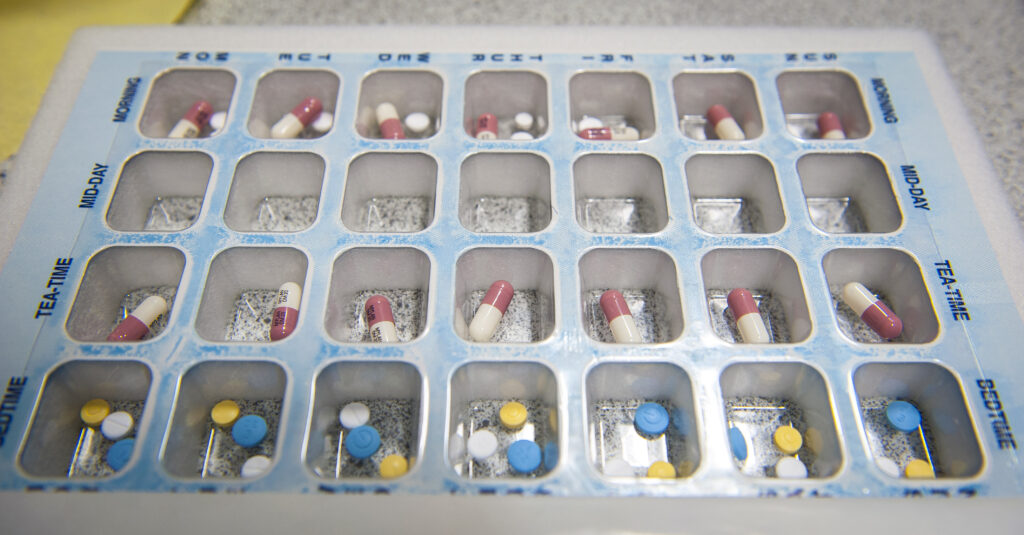
NHS Greater Glasgow and Clydeis asking people to make sure they’re prepared for the school holidays, by taking control of their medication this summer.
With annual getaways and days out dominating many people’s thinking, people are being asked to think carefully about what they might need.
Many common ailments and mishaps, such as hay fever, insect bites and aches and pains, can be managed effectively at home, with simple over-the-counter medicines.
Where safe to do so, managing minor conditions at home helps protect NHS resources – for example, a pack of paracetamol can be purchased for as little as 30p in your local supermarket, but costs much more when prescribed by a GP or through Pharmacy First. Choosing self-care where appropriate helps to support a sustainable NHS for everyone.
Here are some common treatments which cost very little and can be useful to have to hand:
- Painkillers – paracetamol and ibuprofen tablets for headaches, pain or fever.
- Antiseptic cream – to help clean minor cuts and abrasions.
- Plasters and bandages – having a small selection to hand will help with a range of cuts and scrapes.
- Antihistamines – to treat mild allergic reactions and hay fever.
- Laxative and rehydration sachets – in case of constipation or diarrhoea, particularly if on holiday abroad.
If you are in receipt of a repeat or serial prescription, or if you need specific medicines for children, you are reminded to plan ahead, to ensure you don’t run out. However, you are also being encouraged not to over-order, and only to request the medicines you need.
Janice Watt, Interim Director of Pharmacy at NHSGGC, said: “At this time of year, planning for holidays and the like can become all-consuming and we can end up being faced with a last-minute rush to get things organised – and that includes making sure we have the medicines we need.

“Many minor ailments and injuries can be cared for at home, using inexpensive over-the-counter medicines. As well as being cheap and convenient for you, by choosing self-care like this when appropriate, you’re also helping to supporting the NHS.
“If you need a repeat or serial prescription, we would remind you to leave at least seven days between ordering and collection, just to make sure you receive it in plenty of time.”
Throughout NHS Greater Glasgow and Clyde waste is a significant issue, with medicines worth more than £100,000 thrown away every day. That’s the equivalent of a day’s wages for more than 700 nurses, or more than 200 hospital consultants, every single day.
Janice Watt added: “Once medication has left a pharmacy it can’t be returned, even if it hasn’t been used and the packaging is unopened, so we are urging people to resist the temptation to stockpile this summer.
“Cupboards filled with medication that ultimately go unused, does nobody any good – and it contributes to a huge cost for the health board, both financially and environmentally.”
Remember that medicines go out of date, so please check your medicine cabinet regularly and replace medications as necessary. To dispose of medicines safely, please do not bin or flush them but take them to your local pharmacy. Always follow the advice on the pack.
If your symptoms continue or worsen, please get further advice by:
- Visiting NHS Inform or downloading the NHS24 app.
- Visiting your local pharmacy.
- Calling your GP surgery.
- Or if you’re not sure, calling NHS 24 on 111.
If you think you or a member of your family needs help that you can’t deal with at home, please call NHS24 on 111 and you will be directed to the treatment most appropriate for your needs. If your condition is life-threatening, please go to A&E or call 999.
For more information on accessing the care you need, please go to: Right Care, Right Place – NHSGGC
For details about medicines waste, go to Medicines Waste – NHSGGC

